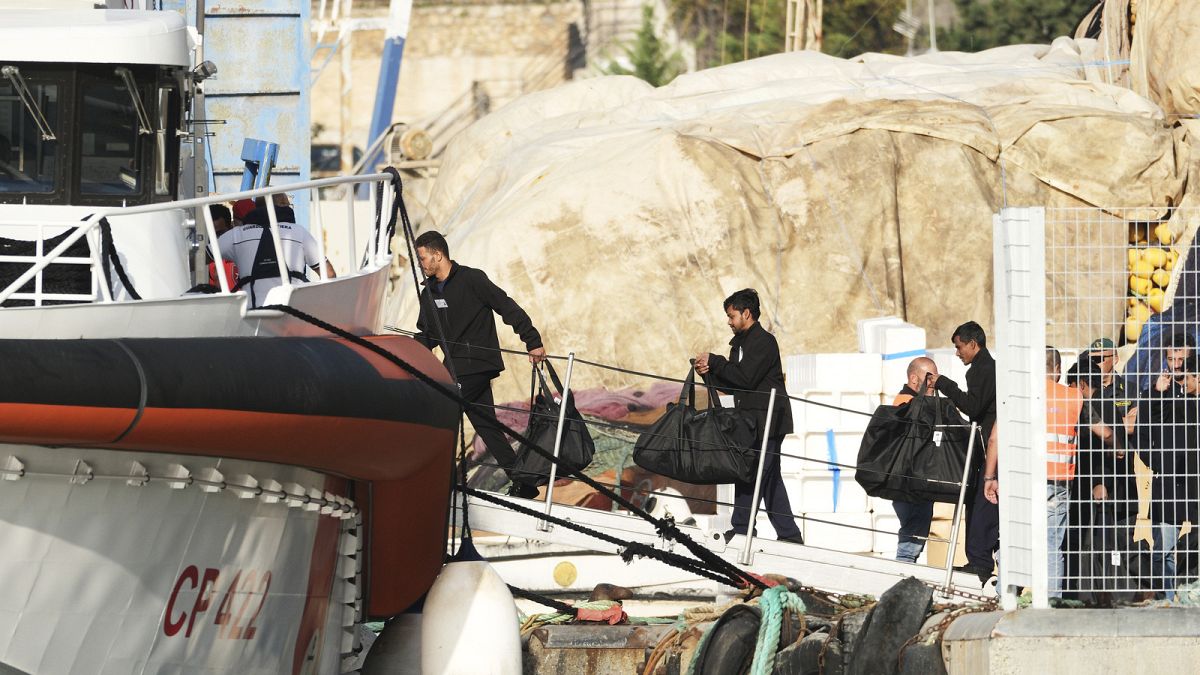Reports that Moldova is being considered as a potential site for migrant camps have led to a surge of misinformation. The European Commission President Ursula von der Leyen suggested the idea of “return hubs” in a letter to EU leaders last week, inspired by Italy’s deal with Albania. While countries like Austria, Denmark, the Netherlands, and Germany show support, not all leaders are on board. Spain and Belgium have criticized the plan as costly and ineffective in addressing the root causes of irregular migration.
Misleading reports have emerged claiming that the EU is already planning to open deportation camps for migrants in EU candidate countries, including Moldova. The Times article mentioned Serbia, Albania, and Moldova as potential sites, leading to a flurry of misleading reports in Moldova. Russian-owned media outlets in Moldova amplified the misinformation, creating concerns among the population. Moldova’s government spokesperson has debunked the reports, stating that there are no discussions or plans in place to host such facilities.
The misinformation comes at a crucial time for Moldova, with a referendum on EU membership approaching. Kremlin-backed efforts to undermine the vote have been detected, with reports of Russian funds being used to sway voters against the EU. These attempts at disinformation aim to disrupt the electoral process and influence the outcome of the referendum. Despite these challenges, Moldova narrowly voted in favor of embedding pro-European policies in its constitution.
The spread of misinformation surrounding Moldova’s potential role in hosting migrant camps reflects broader concerns about the EU’s approach to migration processing centers. While some EU leaders support the idea of establishing such hubs outside the bloc’s territory, others question the effectiveness and cost of these measures. The current lack of concrete plans for deportation centers suggests that discussions are still ongoing within the EU. It is essential to address the root causes of irregular migration while ensuring that any measures taken are in line with international human rights standards.
As the debate over migration processing centers continues, it is crucial to distinguish between facts and misinformation. The EU’s proposal for “return hubs” raises complex ethical and logistical challenges that must be carefully considered. Moldova’s rejection of hosting such facilities underscores the importance of transparency and public trust in policymaking. Addressing the underlying drivers of migration requires a comprehensive approach that involves cooperation between EU member states, candidate countries, and international organizations. By promoting accurate information and engaging in constructive dialogue, policymakers can work towards sustainable solutions to the complex issue of irregular migration.










